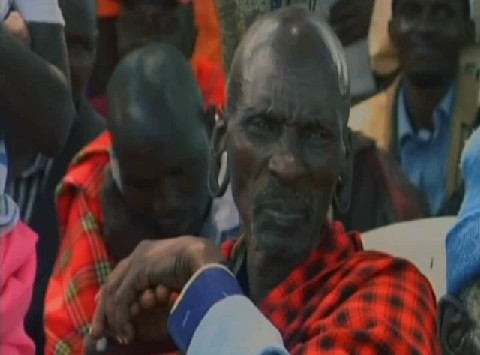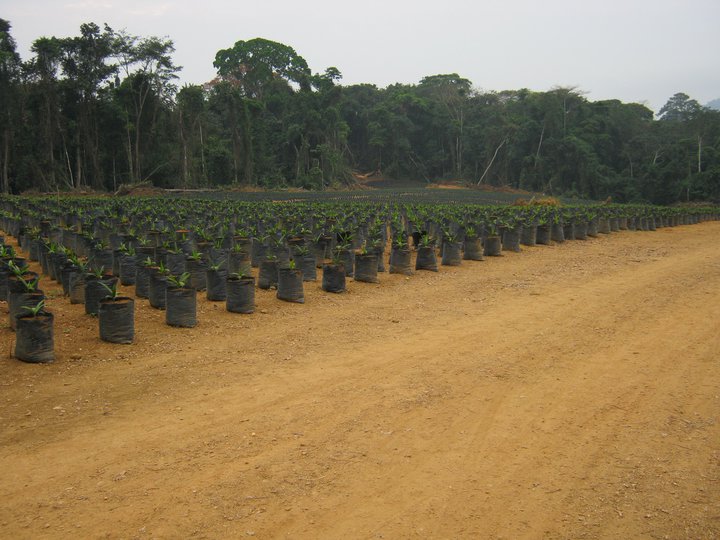The Bakola-Bagyeli, also referred to by the generic name Pygmy, live predominantly in the tropical forests of Southern Cameroon.
The population of around 3,700 have a mixed subsistence economy which incorporates hunting gathering and cultivation into daily life. In the past this would have meant the Bakola-Bagyeli moving around occasionally but as the group have come into greater contact with a cash economy agriculture has become more important to secure an income and groups are now thought to be more sedentary.
Unfortunately the Bakola-Bagyeli have suffered a recent history of persecution in their home country and from foreign agents. Viewed as backward they have suffered from government and neighbouring Bantu groups attempts to settle them by highways and impose development. One particular issue which has had a negative impact on the Bakola-Bagyeli’s struggle to protect their culture is the ID cards required under Cameroonian law. Most cannot afford these and without them access to the justice system and other public services is severely curtailed.
Recently issues of this peoples marginalisation have been epitomised by their fight against an oil pipeline running through their lands. Despite plans for compensation being in place at the UN’s insistence due to a lack of ID cards the World Bank failed to properly distribute it and much fell into the hands of Bantu who, with ID cards, ‘captured’ the funds.
However there is cause for the Bakola-Bagyeli to be optimisitic and to strive for a recognised and autonomous future. Despite initial problems and exclusion they have now been allowed access to hunt and gather in the Campo Ma’an national park and using participatory mapping techniques alongside other ‘Pygmy’ groups have been able to lay a claim to their own territories as they, not others, see them. Their fight to survive continues.



